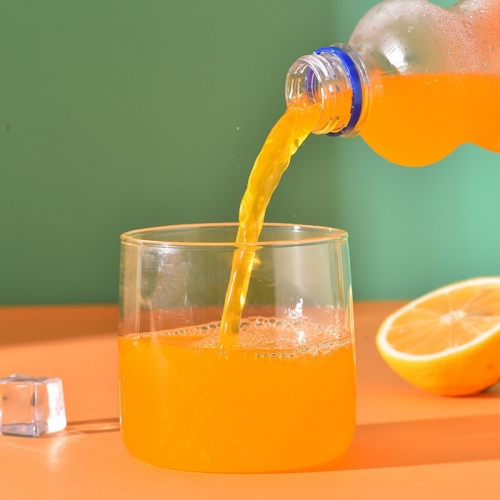
Erythritol vs. Stevia vs. Xylitol
Stevia is extracted from the leaves of its namesake plant, Stevia rebaudiana. Erythritol and xylitol are sugar alcohols, with "alcohol" referring to a chemical structure. Sugar alcohols are modified forms of sugar and not technically an actual sugar, which is why foods containing erythritol and xylitol can be labeled "sugar free." While both are naturally found in fruits and a variety of plants, they go through different processes when they’re commercially produced for use as sweeteners. Erythritol is usually produced by fermenting another natural sugar, glucose, while xylitol is extracted from corncobs or trees, according to Xylitol.org. Compare Calories and Sweetness Stevia and erythritol are calorie-free. You’ll get about 2 calories for every gram of xylitol you consume, which is half the amount of calories found in table sugar. Stevia and erythritol don’t raise your blood sugar at all, and xylitol barely has an impact. Xylitol has the same level of sweetness as table sugar, while erythritol tastes 60 percent to 80 percent less sweet, according to the University of Kentucky. In sharp contrast, stevia is 250 to 300 times sweeter than table sugar, reports Texas A&M University. You can find all of these sweeteners in many low-calorie foods and beverages, but they also have other uses. Xylitol adds moisture to baked goods and gives a sheen to frostings. Erythritol creates the same shiny effect in low-calorie chocolate, adds bulk to dairy products and improves shelf life in baked goods. Stevia and erythritol work for home baking because they’re both heat-stable. Most sweeteners, including stevia, can cause dental caries. By comparison, sugar alcohols do not cause cavities. Xylitol and erythritol may even help prevent cavities, although erythritol was found to do a better job than xylitol at preventing cavities in children, according to a study in the May 2014 issue of “Caries Research.” The U.S. Food and Drug Administration established an acceptable daily intake for stevia of 4 milligrams per kilogram, or 2 pounds, of body weight, according to Texas A&M University. For a person weighing 150 pounds, that works out to 300 milligrams of stevia daily -- a small amount, since most packets contain 1 gram of stevia. But its safety is not fully studied, notes NYU Langone Medical Center. As a result, anyone with liver, kidney or cardiovascular disease, and women who are pregnant or nursing, should consult a physician before using stevia. You may experience gastrointestinal side effects from xylitol, such as gas, bloating and diarrhea, but you should not have that problem with erythritol, reports Drexel University College of Medicine.Different Sources and Processing
Benefits Beyond Sweetening
Safety Considerations
 rainny
rainny